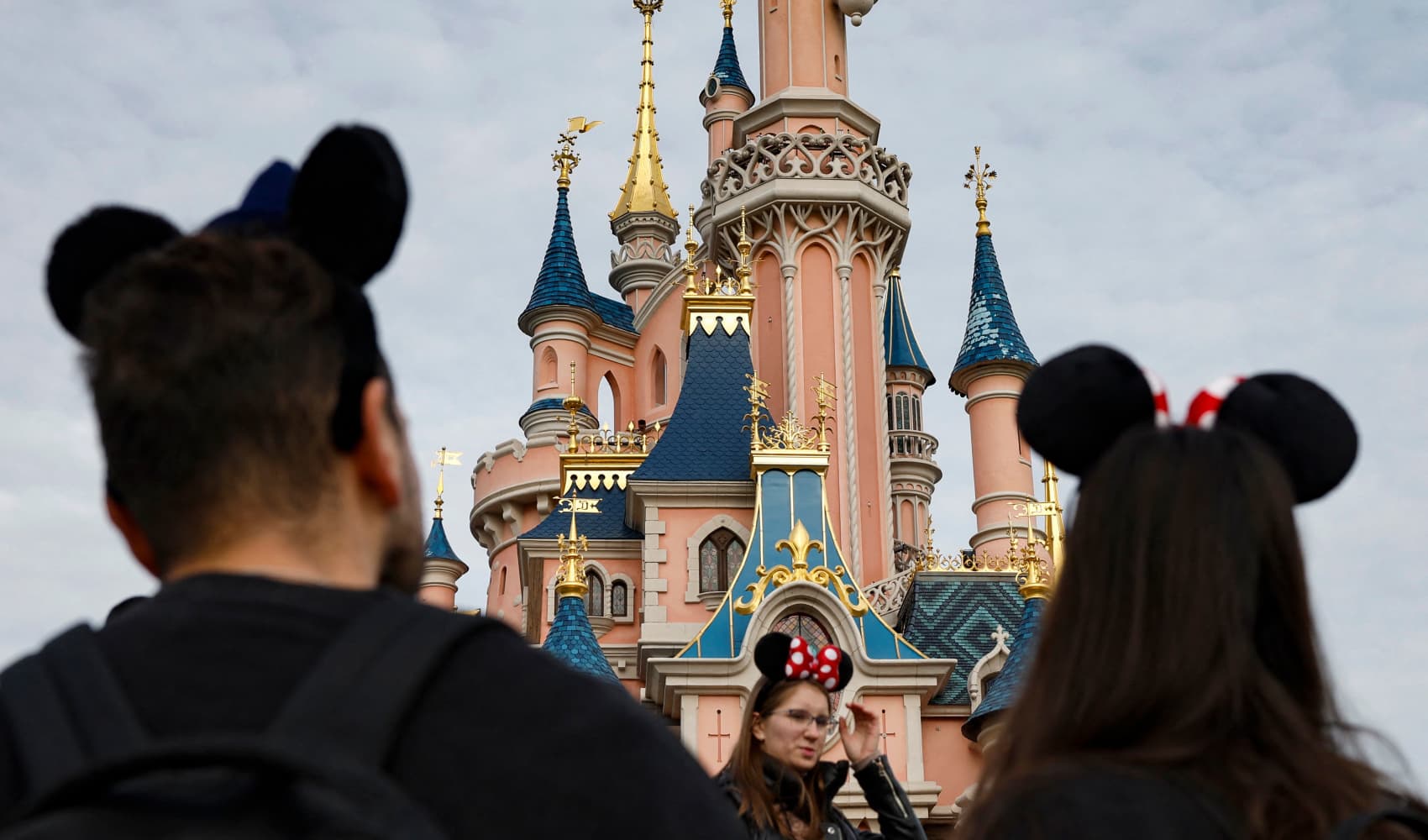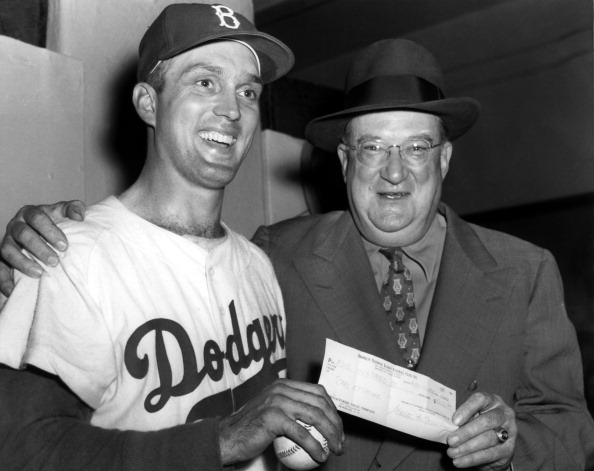What to Know
- A federal judge denied the government forfeiture of the Mongol Nation motorcycle club logos.
- U.S. District Judge David O. Carter cited the First and Eighth Amendments in his ruling on the forfeiture requests.
- Mongols National President David Santillan said, "We're happy. It's a big weight off our shoulders."
A federal judge in Santa Ana ruled Thursday the government cannot seize the logos of the Mongol Nation motorcycle club, but can move to seize ammunition and weapons found while pursuing a racketeering conviction it won in December.
U.S. District Judge David O. Carter cited the First and Eighth Amendments in his ruling on the forfeiture requests following the racketeering convictions of the motorcycle club.
Carter rejected a motion for a new trial and acquittal of the convictions. Both sides said an appeal is certain.
"We are ecstatic that the Mongol motorcycle club defended the First Amendment," said Mongol Nation attorney Stephen Stubbs. "The government clearly overreached. They tried to ban symbolic speech. Judge Carter gave a wonderful ruling."
Mongols National President David Santillan added, "We're happy. It's a big weight off our shoulders."
Stubbs said the government's attempt to seize control over its trademarked images such as the one of a pony-tailed Genghis Khan-type character aboard a motorcycle was an effort to "go after the holy grail of motorcycle clubs."
Local
Get Los Angeles's latest local news on crime, entertainment, weather, schools, COVID, cost of living and more. Here's your go-to source for today's LA news.
To motorcycle enthusiasts, the patches they wear on their leather jackets, known as "cuts," are "the most important thing," Stubbs said.
Attorney Joseph A. Yanny, who represented the club in the trial, told reporters he wished Carter had ruled in their favor on the acquittal and new trial motion "because it's deserved."
The club will want to appeal that part of the ruling, Yanny and Stubbs said.
"I'm not happy the club is labeled a criminal organization," Yanny said. U.S. Attorney's Office spokesman Thom Mrozek said federal prosecutors are "definitely considering an appeal of this decision."
"As we argued in our briefs, we believe the court was required by federal law and precedent to issue the forfeiture order requested by the government," Mrozek said. "While affirming the jury's guilty verdicts on racketeering charges, the court's ruling nullifies the jury's finding that these marks are a core component of the Mongols' decades-long pattern of murder, assault and drug trafficking."
Carter noted that federal prosecutors have spent more than a decade seeking the club's membership marks.
"Why? It is beyond question that the government has a legitimate interest in attacking the economic roots of a criminal organization like the Mongol Nation," Carter wrote. "But what does the United States accomplish by seizing control of the intellectual property rights associated with a motorcycle club's associative symbols?"
Carter noted that prosecutors have argued in the past that the logos are used to strike fear into civilians and rival clubs.
"The government is not merely seeking forfeiture of the ship's sails," Carter wrote. "In this prosecution the United States is attempting to use RICO to change the meaning of the ship's flag."
The Racketeer Influenced and Corrupt Organizations Act, commonly referred to as RICO, is a federal law that provides for extended criminal penalties for acts performed as part of an ongoing criminal organization. Prosecutors have argued that Carter, by law, must issue a seizure order before he can move to the next step of declaring it unconstitutional.
Carter, however, disagreed.
"This is not enough to remedy the chilling effect the forced transfer of a symbol to the United States government has on the Mongol Nation, its members and society at large," Carter wrote. "The government has not been forthright with this court and the public regarding whether the United States can feasibly use the Mongol Nation's collective membership marks or transfer the marks to a third party for their exclusive use."
The judge added that prosecutors have also made "public threats ... regarding the government's intention to strip vests off members' backs. Most recently, the special agent in charge of the Bureau of Alcohol, Tobacco, Firearms and Explosives, Los Angeles Field Division, stated that the government had successfully seized a 'unity symbol.'"
Carter said that violates the First Amendment. He also cited the "cruel and unusual punishment" clause of the Eighth Amendment.
"The Mongol Nation is a convicted criminal entity, and its members have pleaded guilty to heinous acts of murder, attempted murder, drug trafficking and other crimes," Carter wrote. "But in this case the jury found that the government did not prove the requisite nexus between the collective membership marks and the substantive RICO offense; the jury found the collective membership marks forfeitable as to RICO conspiracy alone.
"The forfeiture of the rights associated with a symbol that has been in continuous use by an organization since 1969 is unjustified and grossly disproportionate to this offense. To hold otherwise sets a dangerous precedent that enables the government to target the associative symbols of organizations it chooses to prosecute for RICO conspiracy."
Stubbs said it is nearly certain the case will ultimately be decided by the U.S. Supreme Court because of its novel constitutional issues and its potential for legal precedents.



